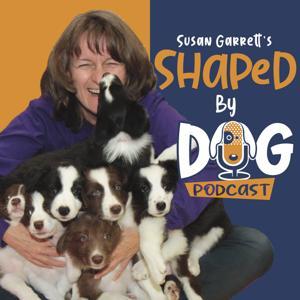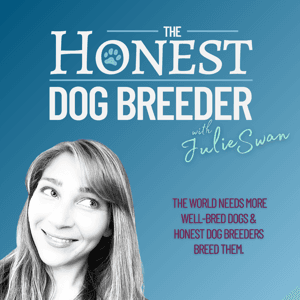Carm Aufderheide, CSAT, KPA-CTP, CTDP-KA, MS-CRES, is a dog behavior consultant with a master's degree in conflict and dispute resolution. In this episode, Carm and I talk about conflict in the dog breeding world - and in dog training, human politics, and other parts of life. Why are we as humans so likely to fall into conflict with others? Why is it so hard to convince others of your viewpoint when you're in conflict with them? How can we do things differently so we can start having meaningful conversations with others in which we and they are able to think deeply about why we believe what we believe?
To learn more about Carm, check out https://www.northstartraining.info/ - note that in addition to dog training services, she does consults to help with conflict resolution.
In this episode, Carm and I talk about a lot of books that she recommends. They are:




































